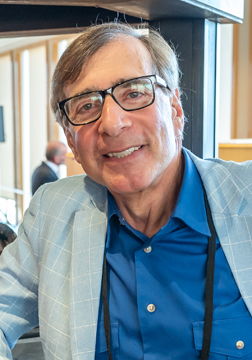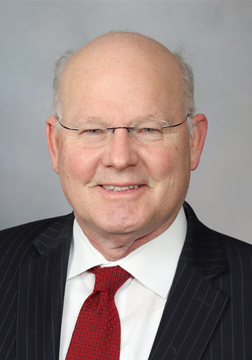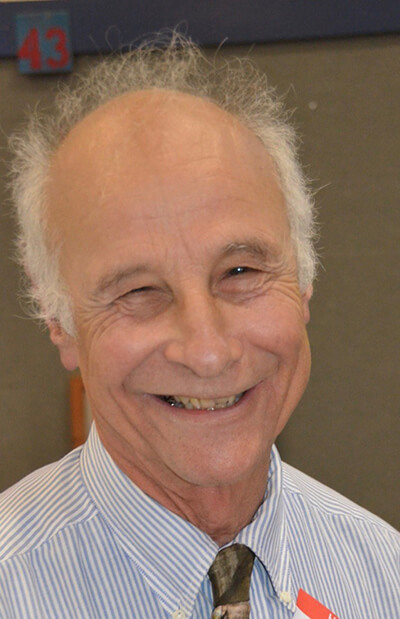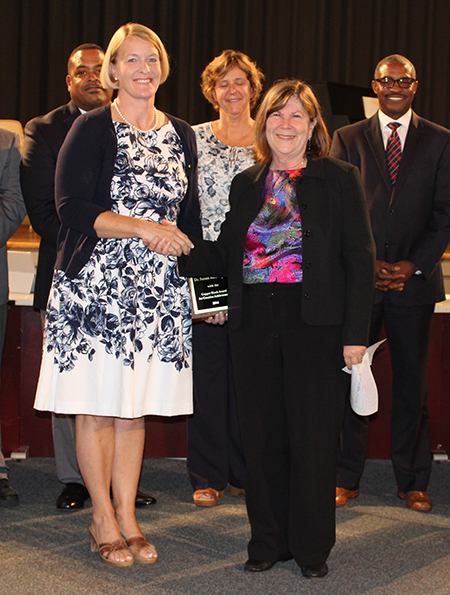Current Winner
Recognized for creating a groundbreaking recall system that has enhanced patient safety across the U.S. healthcare system.
Dr. Mark N. Cohen was honored for founding the National Recall Alert Center (NRAC), a system that has safeguarded patient safety for over 50 years by streamlining the communication of medical product recalls.













